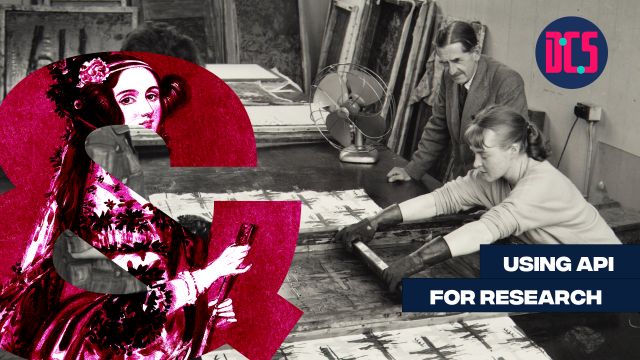Null Hypothesis Testing and Simulation with R

This is the second workshop of the statistics series.
This advanced training will focus on developing theoretical and practical skills for null hypothesis testing, probabilities and the importance of Monte Carlo simulations in R. A basic understanding of R and statistical analyses is assumed. This assumed understanding is at the level covered in the Introduction to Statistical Analysis in R session. Participation in that introductory session is advised before undertaking this session. The Tidyverse package should be downloaded and installed before the workshop.
The session will begin with a brief overview of statistics, and go on to cover probabilities and hypothesis testing, including:
-
T-tests, KS-tests and normalised data
-
Null hypotheses and probabilities
-
Monte Carlo Simulations and modelling complex numerical problems
The workshop will ultimately build on an understanding of basic statistical analysis, and show how more complex statistical analyses and simulations can be used in R. The relatively advanced techniques and theory behind all of this are highly applicable to wider concepts and will allow you to apply and build on the core concepts with your own research.
This is an advanced-level workshop. Advanced sessions explore complex aspects of a topic and often tie together and integrate different tools. Some previous experience is assumed. Please make sure to read the course description carefully before signing up.
After taking part in this event, you may decide that you need some further help in applying what you have learnt to your research. If so, you can book a Data Surgery meeting with one of our training fellows.
More details about Data Surgeries.
Those who have registered to take part will receive an email with full details and a link to join the session in advance of the start time.
If you’re new to this training event format, or to CDCS training events in general, read more on what to expect from CDCS training. Here you will also find details of our cancellation and no-show policy, which applies to this event.
In the following workshops of the statistics series, we are going to cover:
Return to the Training Homepage to see other available events.












